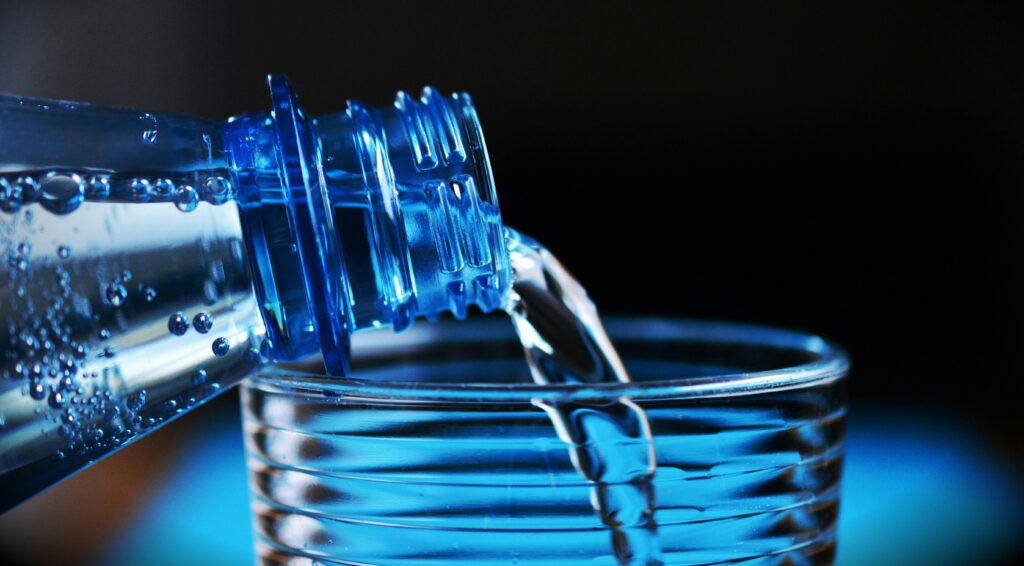
Understanding Dehydration:
Dehydration occurs when the body loses more fluid than it takes in, disrupting the balance of minerals in the body. Water, constituting over two-thirds of a healthy human body, plays a crucial role in various bodily functions, including joint lubrication, digestion, waste elimination, toxin flushing, and maintaining healthy skin.
Early Warning Signs:
Recognizing the early signs of dehydration is essential. These include feelings of thirst and lightheadedness, a dry mouth, fatigue, dark-colored, strong-smelling urine, and reduced frequency of urination. In infants, signs may manifest as a sunken soft spot on the head, fewer tears when crying, fewer wet nappies, and increased drowsiness.
Causes of Dehydration:
Dehydration commonly results from insufficient fluid intake, influenced by factors like climate, physical exercise, and diet. Illnesses such as persistent vomiting, diarrhea, or fever-induced sweating can also contribute to dehydration.
At-Risk Groups:
Certain populations are more vulnerable to dehydration, including babies and infants due to their low body weight, older individuals who may be less aware of dehydration, those with long-term health conditions like diabetes or alcoholism, and athletes experiencing significant fluid loss during prolonged exercise.
In cases of dehydration, it’s crucial to replenish fluids with water, diluted squash, or fruit juice. Small, frequent sips are recommended, especially if vomiting makes it challenging to keep water down. Infants and small children should avoid large amounts of water alone and are better suited to diluted squash or a rehydration solution.

Consequences of Untreated ydrDehydration:
Emphasizing the importance of prompt treatment, the section outlines the potential consequences of severe dehydration, including seizures, brain damage, and even death.
Seeking Medical Attention:
The article provides guidelines on when to consult a GP, stressing the importance of seeking medical help if symptoms persist despite fluid intake or if dehydration is suspected in a baby or toddler. Urgent medical attention is advised for specific symptoms such as extreme thirst, lethargy, prolonged absence of urination, rapid heartbeat, and persistent dizziness upon standing.
EUROPEAN PERSPECTIVE
Dehydration according to Doctissimo
Causes of Dehydration:
Dehydration results from excessive water loss, which can occur due to:
- Diarrhea or vomiting.
- Chronic illnesses like high blood sugar levels.
- Overuse of laxatives or diuretics.
- Excessive alcohol consumption.
- Profuse sweating.
- Inadequate intake of water and minerals.
Prevention:
- During fever: Avoid overdressing and stay hydrated by drinking fluids every fifteen minutes.
- During physical exercise: Hydrate before, during, and after exercise. Reduce caffeine and alcohol intake.
- During a heatwave: Offer drinks regularly, stay indoors, wear light clothing, and cool down using sprays or damp cloths.
- Cooling your home: Use evaporation cooling techniques and ventilate with fans.
- During overseas travel: Drink only bottled or boiled water, avoid certain foods, and purify tap water.
Implementing these preventive measures can help avoid dehydration and its associated risks.
source: https://www.nhsinform.scot/illnesses-and-conditions/nutritional/dehydration/ & https://www.doctissimo.fr/html/sante/encyclopedie/deshydratation.htm



